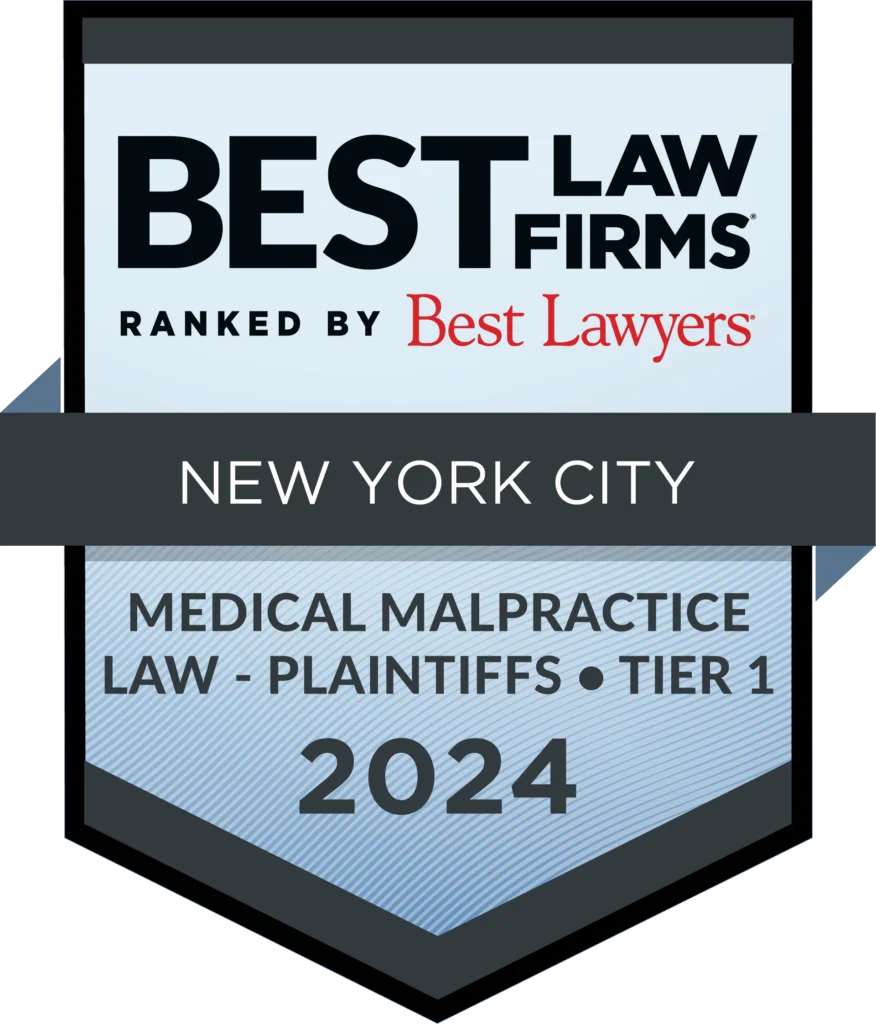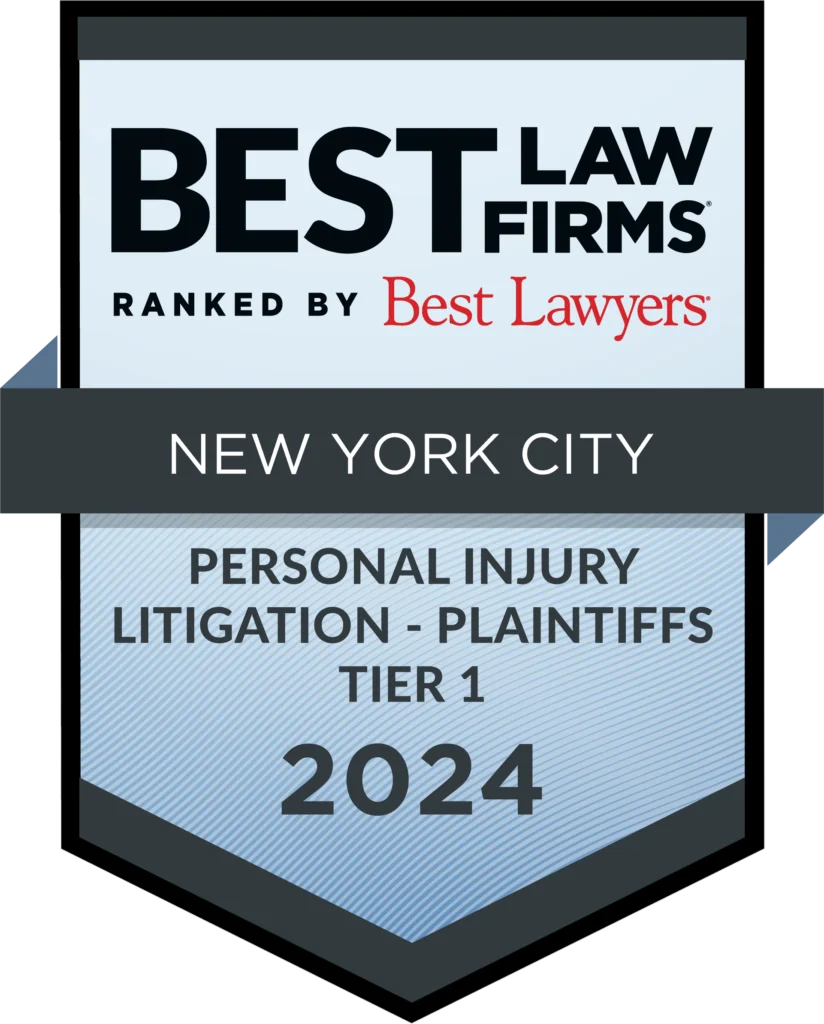Medical Malpractice
New York City Medical Malpractice Lawyer
When medical professionals fail to meet the standard of care, their negligence can result in severe or fatal injuries. Medical malpractice arises from errors in diagnosis, treatment, or health management, leaving patients and families with devastating consequences.

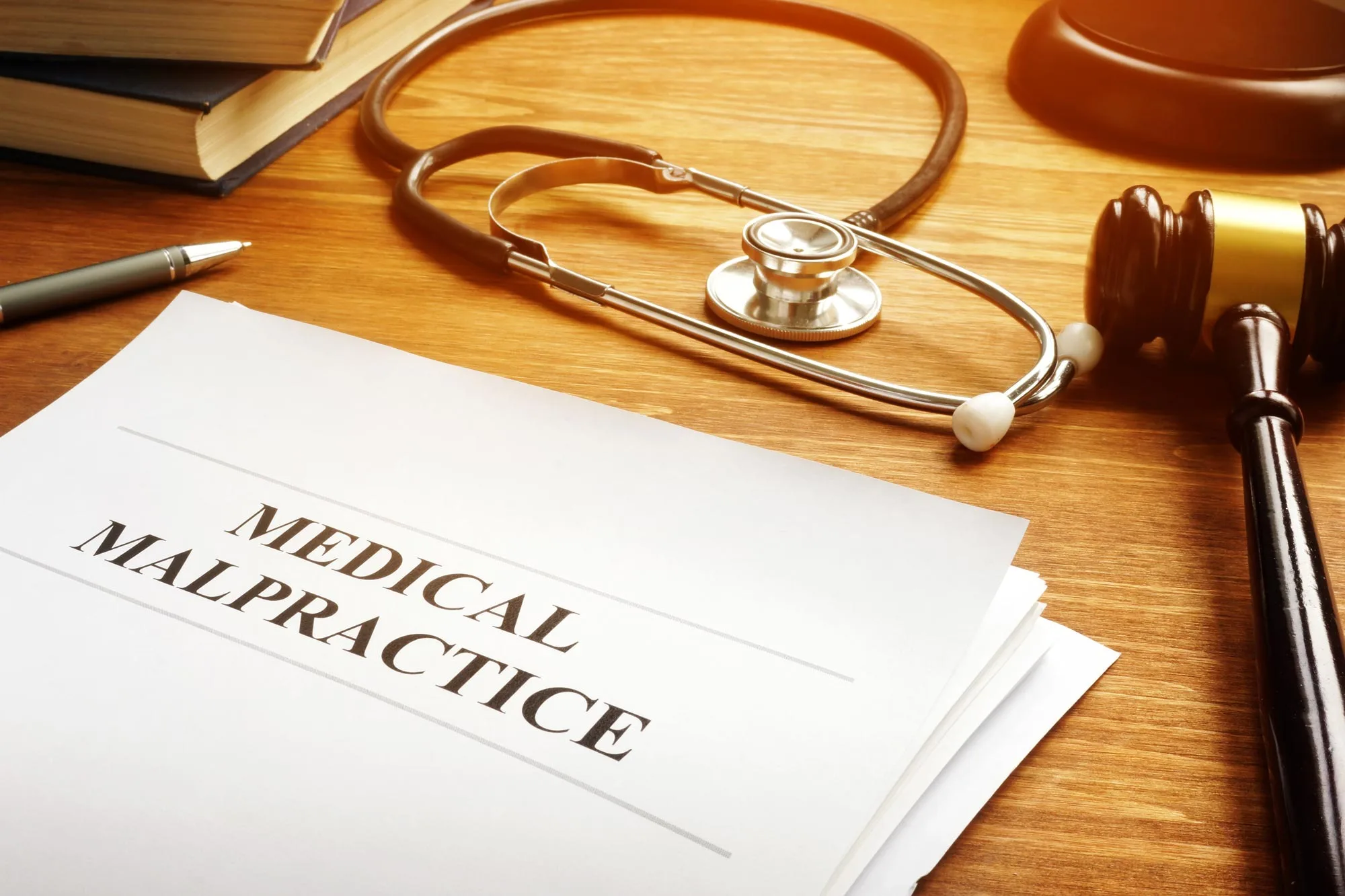
Why Choose Us?
Our firm is committed to securing maximum compensation for victims of medical negligence. With extensive resources, skilled attorneys, and a history of multimillion-dollar successes, we tirelessly advocate for our clients, even against powerful insurance companies.
We handle complex cases with expertise, working with top medical professionals to uncover critical evidence often overlooked.
What Qualifies as Medical Malpractice?
Medical malpractice occurs when a healthcare provider fails to meet the required standard of care, causing harm. Examples include:
- Surgical Errors: Wrong-site surgeries, anesthesia mistakes, or leaving instruments in the body.
- Misdiagnosis: Failure to diagnose cancer or heart disease, leading to delayed or incorrect treatments.
- Medication Errors: Prescribing incorrect dosages or overlooking drug allergies.
- Birth Injuries: Brain damage or wrongful death resulting from delivery complications.
Not every medical mistake qualifies as malpractice—negligence must be proven through expert testimony and clear evidence of harm caused by substandard care.
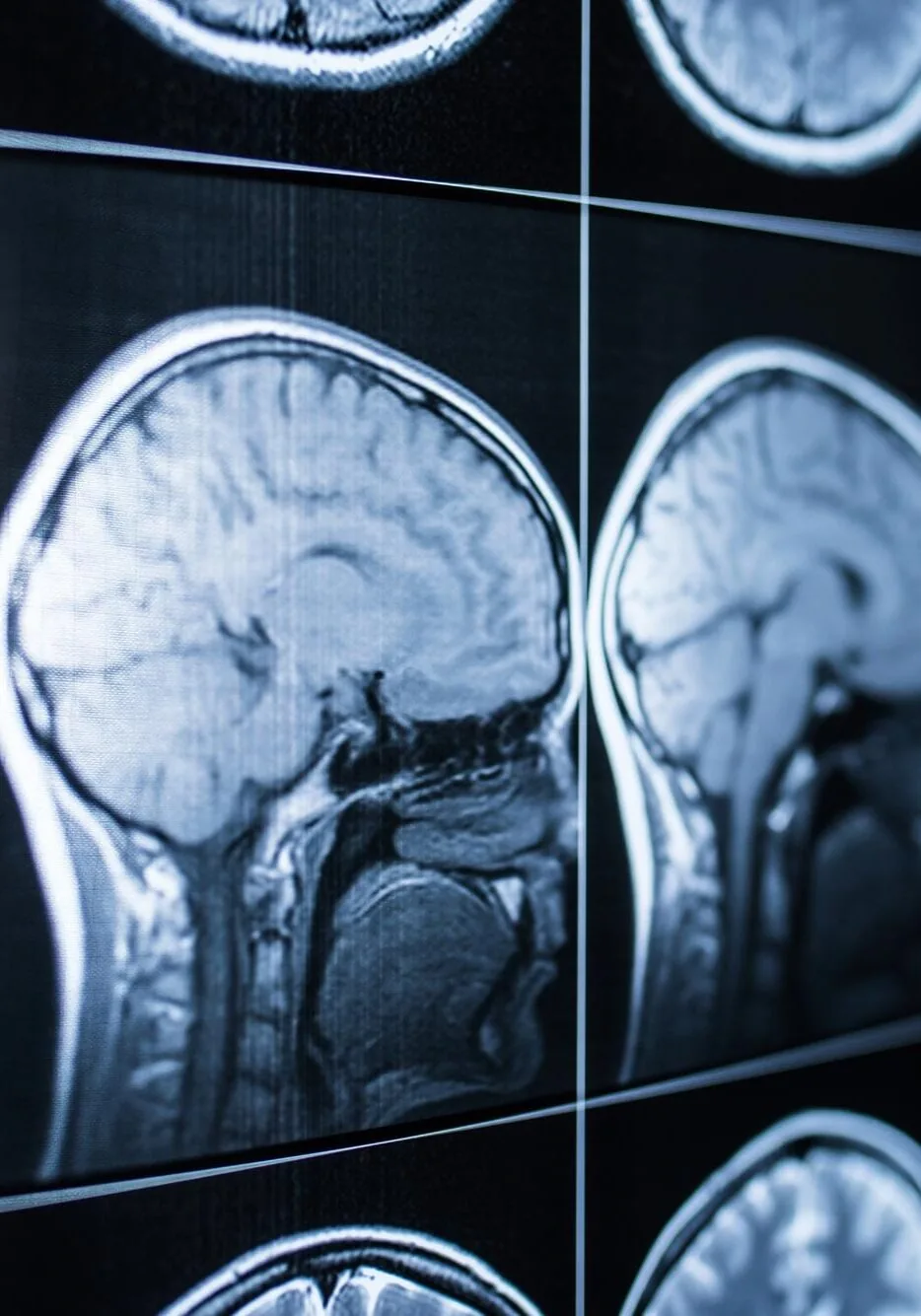
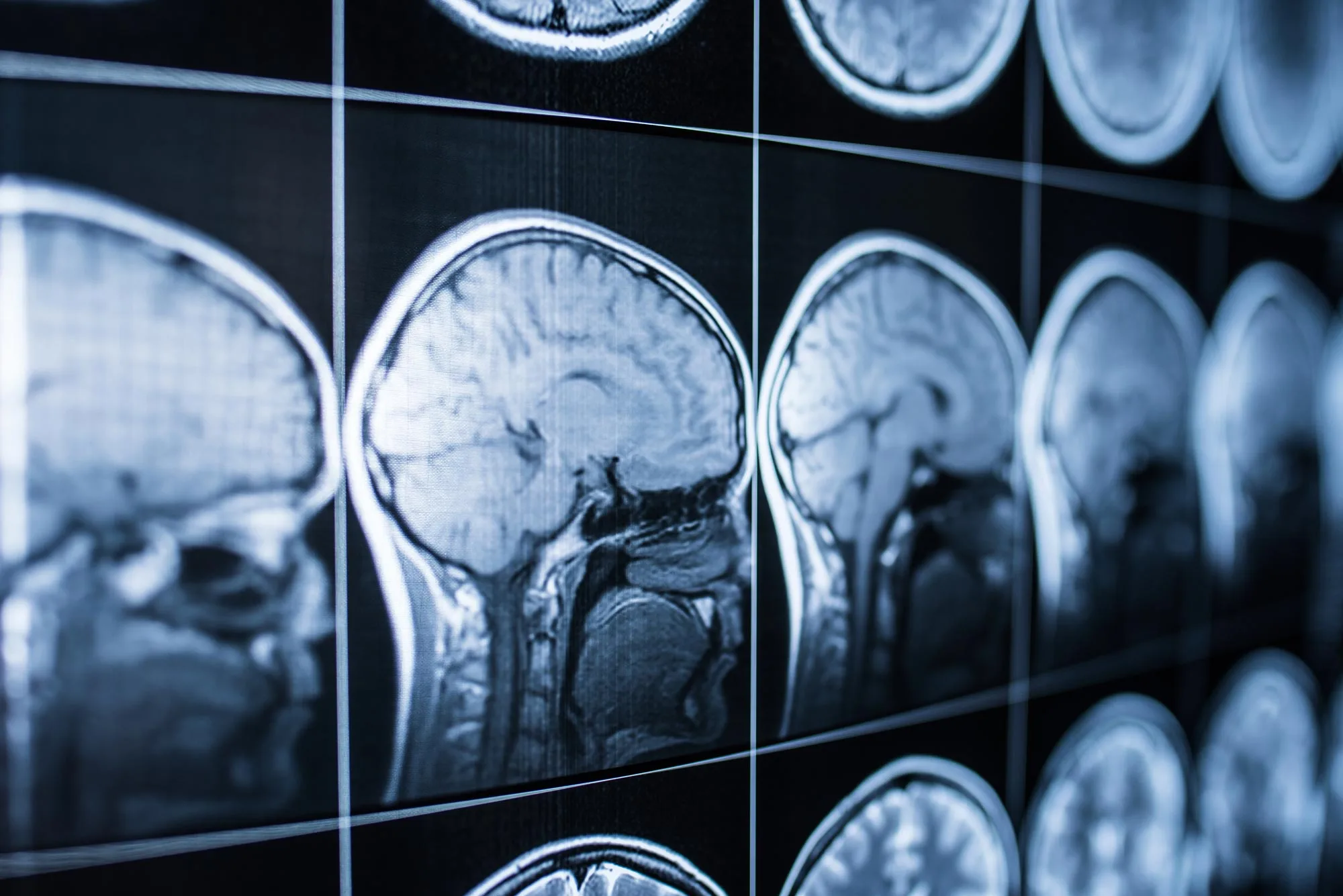

Recognized Leaders in Medical Malpractice Law
Our attorneys are highly regarded by Super Lawyers, Best Lawyers in America, and other legal organizations. We frequently lecture on medical malpractice law and hold leadership roles in professional associations.
Contact Us Today
If you’ve suffered due to medical negligence, we’re here to help. Contact Sullivan Papain Block McManus Coffinas & Cannavo, P.C. for a free consultation and let us fight for the justice and compensation you deserve.

